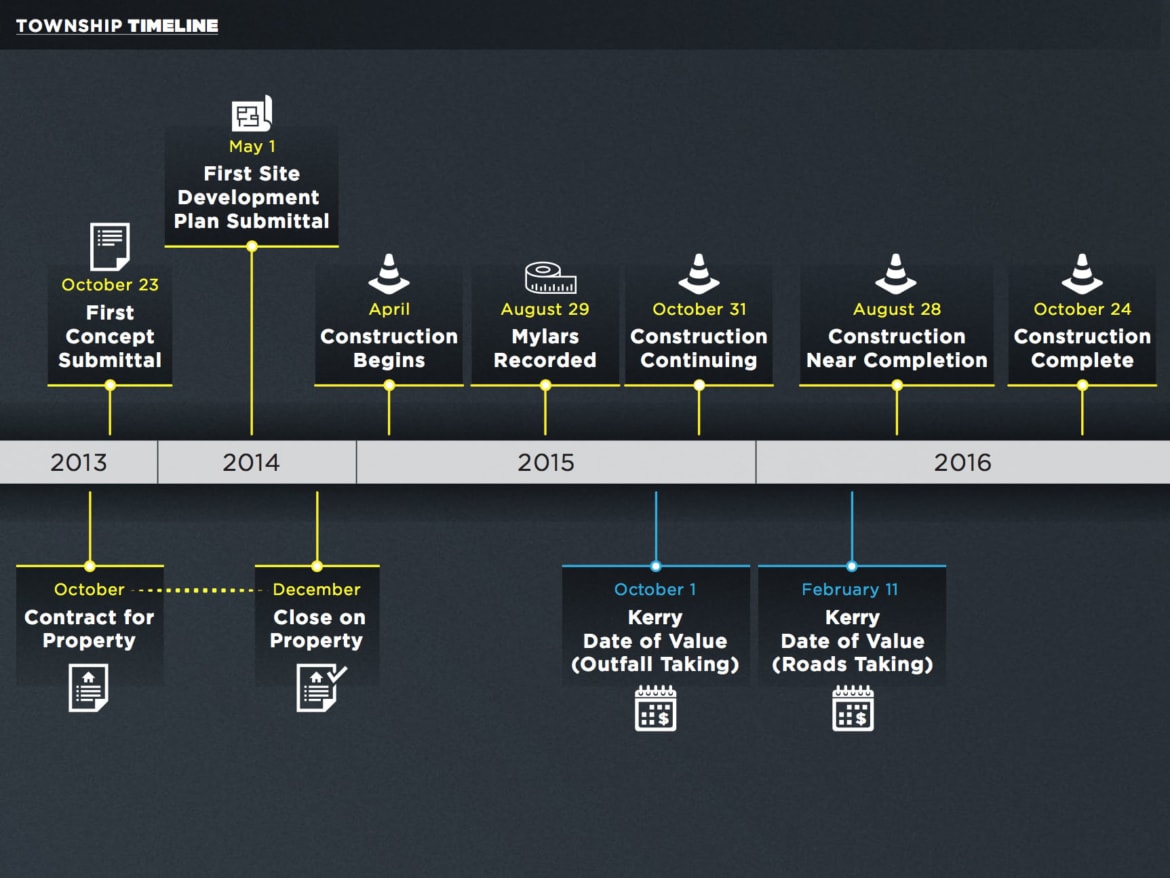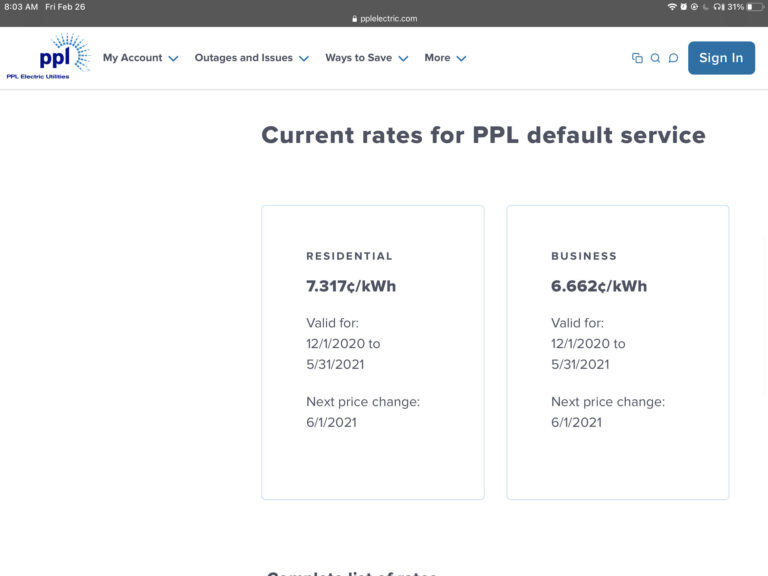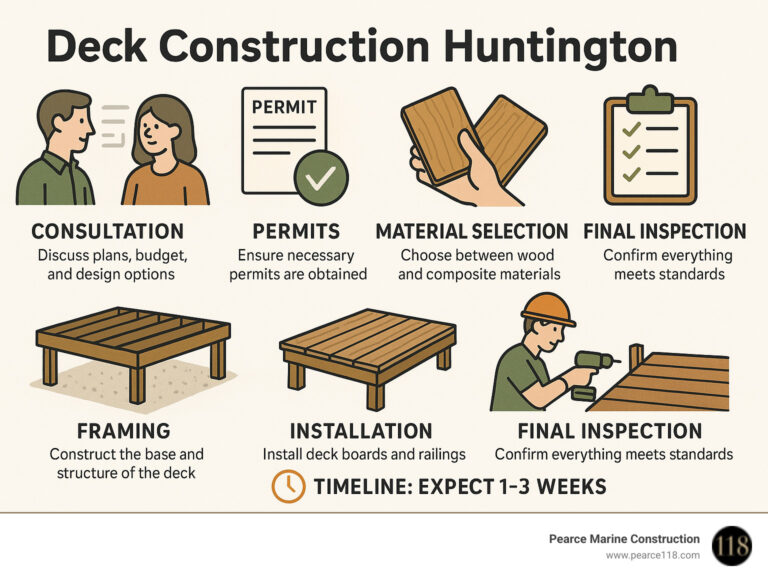Free Court Date Calculators: Our Top 5 Picks for 2025
Finding the Best Court Date Calculator: An Introduction
Finding a reliable court date calculator can be a daunting task, especially for those unfamiliar with the intricacies of legal deadlines. The legal field is rife with strict timelines, and missing a court date can lead to severe consequences, including financial penalties or even the dismissal of a case. With numerous online tools available, it can be challenging to discern which ones truly deliver accurate calculations and user-friendly experiences.
This article aims to simplify that search by reviewing and ranking the top court date calculators currently available online. Our goal is to save you time and effort by presenting only the most effective tools that meet the needs of legal professionals and individuals alike.
Criteria for Ranking
To ensure a comprehensive evaluation, we have established specific criteria for our rankings. Accuracy is paramount; a calculator must reliably compute deadlines based on various legal rules and jurisdictions. Ease of use is another critical factor; the tool should be intuitive and straightforward, allowing users to quickly input their information without unnecessary complications. Additionally, we assess the features offered by each calculator, such as the ability to exclude weekends and holidays, integration with other software, and reminders for upcoming deadlines.
By focusing on these essential aspects, we aim to provide you with a clear overview of the best court date calculators, helping you make an informed choice that suits your specific needs. Whether you’re a legal professional managing multiple cases or an individual seeking to understand your court obligations, our guide will assist you in navigating the options available.
Our Criteria: How We Selected the Top Tools
Criteria for Selecting the Best Court Date Calculators
When reviewing and selecting the top court date calculators, we considered several critical factors that ensure these tools are effective, user-friendly, and reliable for individuals needing to manage their legal deadlines. Below are the key criteria we used in our evaluation process:
-
Accuracy and Reliability
– The primary function of a court date calculator is to provide accurate deadline calculations based on specific legal parameters. We assessed each tool’s ability to calculate dates correctly, taking into account weekends, holidays, and jurisdiction-specific rules. Reliable tools must also have a track record of consistent performance without errors. -
Ease of Use
– A user-friendly interface is essential for any online tool, especially for individuals who may not have extensive legal training. We examined how intuitive the calculators were, including the clarity of instructions and the simplicity of the input process. Tools that minimize the time required to understand and use them were prioritized. -
Key Features
– Effective court date calculators should have essential features that enhance functionality. We looked for:- Input Options: The ability to select a start date, specify the number of days, and determine whether to calculate before or after the start date.
- Customization: Options to exclude weekends and federal holidays to better align with legal standards.
- Integration Capabilities: Compatibility with calendar applications (like Outlook or Google Calendar) for seamless syncing of deadlines.
- Notifications and Reminders: Automated alerts to remind users of upcoming deadlines, which can be critical in a legal context.
-
Cost (Free vs. Paid)
– We evaluated the pricing structure of each calculator, considering both free and premium options. While free calculators can be beneficial, we also assessed the value offered by paid tools, including additional features, support, and overall reliability. Cost-effectiveness was an important factor, ensuring users receive a good return on investment.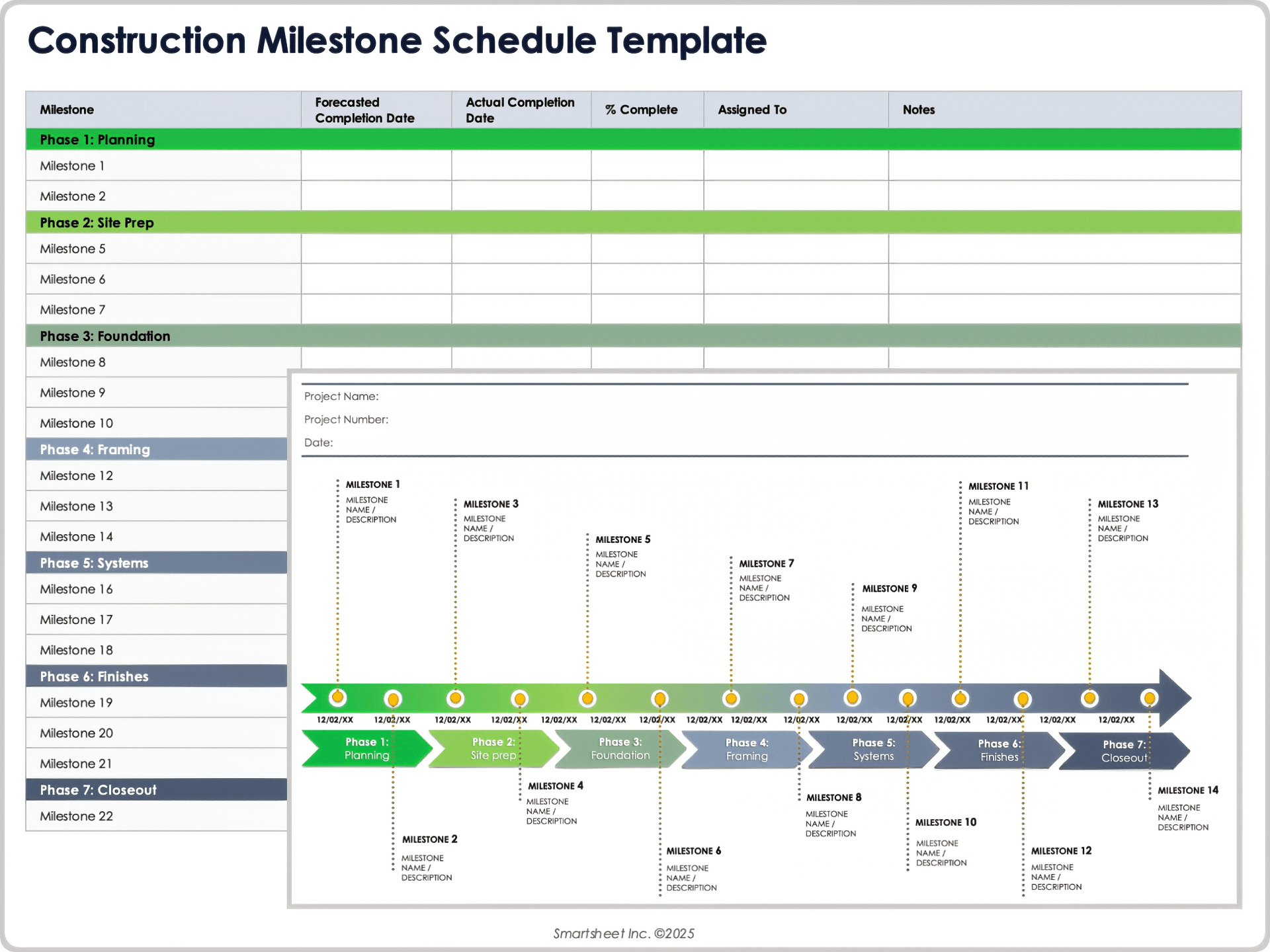
-
User Reviews and Testimonials
– Feedback from actual users provided insights into the practical use of each calculator. We analyzed reviews to gauge user satisfaction, ease of use, and the effectiveness of the tools in real-world scenarios. -
Support and Resources
– Access to customer support and educational resources can significantly enhance the user experience. We considered whether the tools offered help documentation, tutorials, or responsive customer service to assist users in navigating the software.
By applying these criteria, we aimed to provide a comprehensive overview of the best court date calculators available, ensuring that users can confidently select a tool that meets their specific needs.
The Best Court Date Calculators of 2025
2. Date Calculator
The Date Calculator by Best Case is a versatile online tool designed to help users determine specific dates by adding or subtracting a set number of days, months, or years. This user-friendly calculator is ideal for planning events, tracking deadlines, or simply exploring historical dates, making it a valuable resource for both personal and professional use. Its intuitive interface ensures quick and accurate calculations for any date-related needs.
- Website: bestcase.com
- Established: Approx. 30 years (domain registered in 1995)
3. Filing Date Calculator
The Filing Date Calculator from Esquire Deposition Solutions is a user-friendly tool designed to streamline the scheduling process for depositions. By simply inputting relevant dates, users can efficiently determine critical filing dates. Once the calculations are complete, the tool seamlessly integrates with EsquireConnect, allowing users to easily schedule their depositions, enhancing overall productivity and organization in legal proceedings.
- Website: esquiresolutions.com
- Established: Approx. 25 years (domain registered in 2000)
5. Filing Date and Deadline Calculator
The Filing Date and Deadline Calculator by CalDepo is a valuable online tool designed to help users accurately determine filing dates and deadlines. It offers flexibility by allowing users to calculate dates based on both calendar days and business days, excluding weekends and holidays. This feature is particularly beneficial for legal professionals and businesses that need to manage important deadlines efficiently.
- Website: caldepo.com
- Established: Approx. 25 years (domain registered in 2000)
How to Get the Most Accurate Results
Double-Check Your Inputs
One of the most critical steps in using a court date calculator is to ensure that your inputs are accurate. Before hitting the calculate button, take a moment to review the start date, the number of days you are adding or subtracting, and any specific options like excluding weekends or holidays. Small errors in these inputs can lead to significant discrepancies in the final date, which may result in missed deadlines or incorrect planning.
Understand the Underlying Assumptions
Every court date calculator operates based on specific rules and assumptions regarding legal deadlines. Familiarize yourself with these assumptions to ensure that the results you receive align with your particular legal context. For instance, some calculators may automatically exclude weekends and holidays, while others may not. Understanding how the tool processes information can help you gauge the reliability of the results and avoid potential pitfalls.
Use Multiple Tools for Comparison
To enhance accuracy, consider using more than one court date calculator. Different tools might employ varying algorithms or rules based on jurisdiction, leading to slightly different outputs. By cross-referencing results from multiple calculators, you can identify any discrepancies and make more informed decisions regarding your deadlines. This practice is especially useful for complex cases where precise timing is crucial.
Stay Updated on Local Rules and Regulations
Legal deadlines can vary significantly based on jurisdiction, case type, and even court-specific rules. Always keep yourself informed about the local regulations that may affect your calculations. This is particularly important if you are using a generalized calculator that may not account for specific local practices. Consulting with a legal professional or referencing official court resources can provide clarity and ensure that your deadlines are accurate.
Document Your Calculations
Maintain a record of your calculations, including the dates and any relevant notes about the assumptions or rules applied during the process. This documentation can serve as a reference in case you need to revisit your calculations later or if any disputes arise regarding deadlines. It also offers a way to track changes in your case’s timeline, allowing you to adapt more effectively to shifting legal requirements.
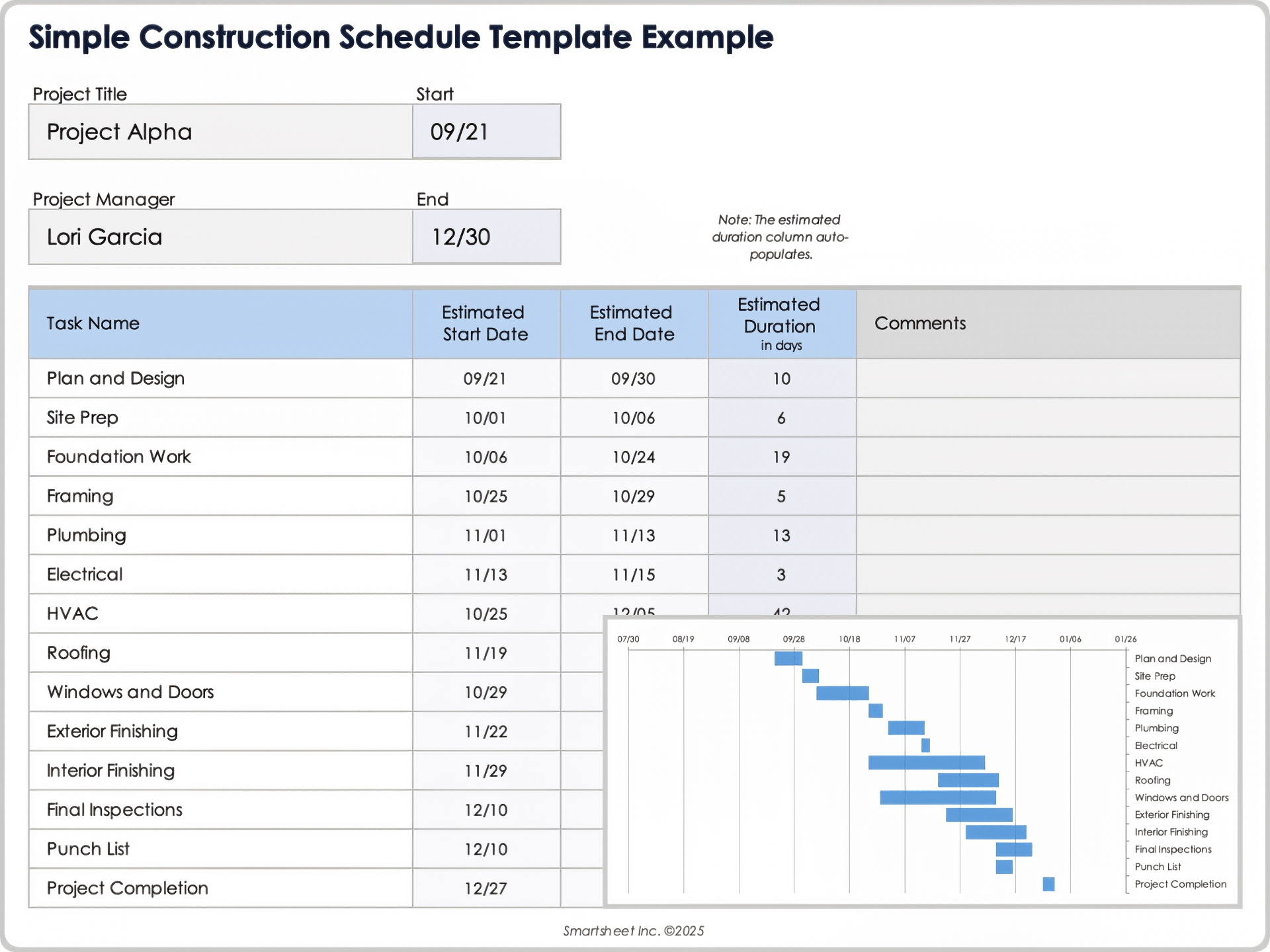
Seek Professional Guidance When Necessary
If you find yourself uncertain about how to use a court date calculator or if the stakes of your case are particularly high, don’t hesitate to consult a legal professional. They can provide insights into the nuances of your specific situation and help you ensure that your deadlines are calculated accurately. Leveraging their expertise can save you time and stress in the long run.
By following these tips, you can maximize the accuracy of your court date calculations and enhance your overall efficiency in managing legal deadlines.
Frequently Asked Questions (FAQs)
1. What is a court date calculator?
A court date calculator is an online tool designed to help legal professionals and individuals calculate important court dates and deadlines based on specific starting dates and relevant legal rules. By inputting a start date and the number of days to add or subtract, users can quickly determine deadlines for filing motions, responding to court orders, or scheduling hearings, while often excluding weekends and federal holidays.
2. How do I use a court date calculator?
Using a court date calculator typically involves a few simple steps:
1. Select the Start Date: Choose the initial date from which you want to calculate.
2. Enter the Number of Days: Specify how many days you want to add or subtract from the start date.
3. Choose Before or After: Indicate whether the deadline is before or after the start date.
4. Exclude Weekends and Holidays: If available, select the option to exclude weekends and federal holidays for a more accurate calculation.
After filling in these details, you can click ‘Calculate’ to see your resulting court date.
3. Are court date calculators free to use?
Many online court date calculators are available for free, offering basic functionality for users who need to calculate deadlines without additional features. However, more advanced calculators, particularly those designed for legal professionals, may require a subscription or one-time purchase to access premium features such as automated reminders, integration with case management systems, and jurisdiction-specific rules.
4. Why is it important to use a court date calculator?
Using a court date calculator is crucial for ensuring that legal deadlines are met. Missing a court deadline can lead to serious consequences, such as losing a case or facing penalties. A court date calculator helps users accurately track and manage important dates, reduces the risk of human error, and can save time by automating calculations that would otherwise require manual effort.
5. Can I integrate a court date calculator with other software?
Yes, many modern court date calculators offer integration capabilities with popular legal software, calendar applications, and case management systems, such as Microsoft Outlook and Teams. This allows users to streamline their workflow, synchronize deadlines across platforms, and receive timely reminders about upcoming court dates. When choosing a court date calculator, it is advisable to check for compatibility with any existing tools you currently use.
Important Disclaimer
⚠️ Important Disclaimer
The information and reviews in this guide are for educational purposes only and are based on publicly available information. We are not affiliated with any of the tools mentioned. Features and pricing may change. Always conduct your own research before choosing a tool for your needs.
